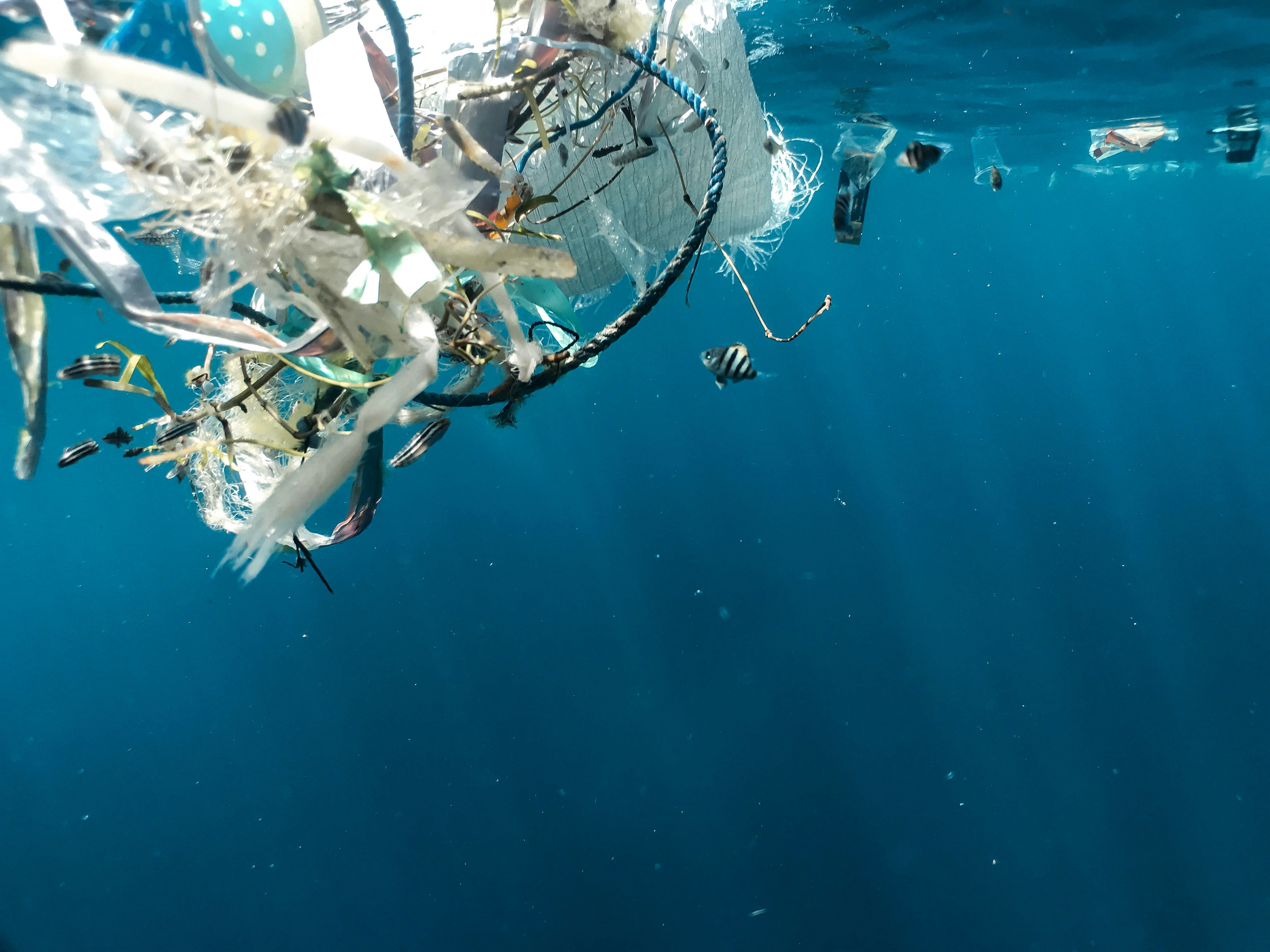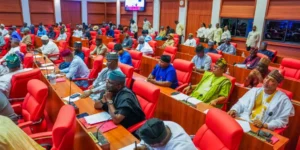International plastic pollution
By Lilian Adeleke 24 Mar, 2024
Resolution 5/14, titled “End Plastic Pollution: Towards an International Legally Binding Instrument,” was adopted by the United Nations Environment Assembly (UNEA) at its fifth session. This resolution represents a significant global commitment to addressing the growing problem of plastic pollution, which poses a severe threat to the environment, wildlife, and human health.
Key Points of UNEA Resolution 5/14:
-
Objective: The resolution mandates the creation of an international legally binding instrument (often referred to as a treaty) to end plastic pollution. This instrument is intended to cover the full lifecycle of plastics, including production, design, waste management, and recycling.
-
Negotiation Process: The resolution initiated an intergovernmental negotiating committee (INC) tasked with developing the legal instrument. The goal is to complete negotiations by the end of 2024, after which the treaty would be opened for signature and ratification by member states.
-
Comprehensive Scope: The resolution emphasizes the need for a comprehensive approach that addresses plastic pollution at all stages of its lifecycle. This includes:
-
Measures to reduce plastic production.
-
The promotion of sustainable design.
-
Improvements in waste management and recycling.
-
Addressing microplastics and other plastic pollutants that persist in the environment.
-
-
Support for Developing Countries: Recognizing the challenges faced by developing countries, the resolution calls for financial and technical support to help them meet the requirements of the future treaty.
-
Multi-Stakeholder Involvement: The resolution encourages the participation of a broad range of stakeholders, including governments, the private sector, civil society, and scientific communities, in the negotiation process.
-
Science-Based Approach: The resolution underscores the importance of basing the treaty on the best available scientific knowledge, ensuring that policies are informed by robust evidence and research.
-
Monitoring and Reporting: It also highlights the need for mechanisms to monitor and report progress in reducing plastic pollution, ensuring accountability and transparency in the implementation of the treaty.
Implications:
The adoption of UNEA resolution 5/14 marks a historic step in global environmental governance. If successfully negotiated and implemented, the legally binding instrument could significantly reduce the environmental and health impacts of plastic pollution worldwide, setting a precedent for future international environmental agreements.
Asia has emerged as a hot spot for plastic pollution…
The use of plastics is deeply embedded in our daily lives, in everything from grocery bags and cutlery to water bottles and sandwich wrap. But the quest for convenience has gone too far and we are failing to use plastics efficiently, wasting valuable resources and harming the environment. Plastic overconsumption and mismanagement of plastic waste is a growing menace, causing landfills to overflow, choking rivers, and threatening marine ecosystems. This has a negative impact on sectors that are critical to many economies, including tourism, shipping and fisheries. Southeast Asia has emerged as a hot spot for plastic pollution because of rapid urbanization and a rising middle class , whose consumption of plastic products and packaging is growing due to their convenience and versatility. But local waste management infrastructure has not kept pace, resulting in large quantities of mismanaged waste. COVID-19 has exacerbated the situation due to increased consumption of masks, sanitizer bottles and online delivery packaging.

By Kazeem Adeleke
Key points include:
-
Plastic Overconsumption and Waste Mismanagement: The widespread use of plastics, coupled with poor waste management systems, has led to severe environmental issues, such as overflowing landfills, polluted rivers, and threatened marine ecosystems.
-
Economic Impact: The failure to recycle and recover plastics results in significant economic losses, particularly in Southeast Asian countries like Thailand, the Philippines, and Malaysia, where the value of recyclable plastic is largely lost.
-
Need for a Circular Economy: To mitigate the problem, there is a strong call for countries to adopt a circular economy approach, where plastic products are designed to be reused, recycled, or composted, reducing waste and creating economic value.
-
Public-Private Collaboration: Governments, corporations, and communities are beginning to work together to address the issue, with initiatives like circular economy roadmaps and public-private partnerships. However, more investment is needed in local recycling infrastructure and policies that support recycled plastics.
-
Challenges and Opportunities: While there is potential for the private sector to drive innovation and investment in recycling, challenges such as the economics of recycling versus virgin plastics, and the need for stronger policies and standards, remain.
-
Role of Governments and Private Sector: Governments must develop and harmonize policies, standards, and incentives to support recycled plastics, while the private sector should lead in innovation and financing to create a sustainable market for recycled materials.
-
International Finance Corporation (IFC) Initiatives: The IFC is working on developing financial instruments like blue loans and bonds to mobilize capital for tackling marine plastic pollution, emphasizing the importance of public-private partnerships in solving the plastics challenge.
23 July, 2024.
Sports for Nature Knowledge Tools

Exciting Sports Events
Sport can have significant negative impacts on biodiversity, through the construction and use of sports venues and the staging of sporting events. Understanding and managing the potential negative impacts and opportunities for conservation is vital for ensuring that sports venues and sporting events deliver successfully both from the financial and operational standpoint. This guide is designed to help decision makers understand these potential impacts, and to present options for mitigating them, as well as for maximising opportunities to use sport as a way to promote and enhance biodiversity conservation.
By Kazeem Adeleke
Sports Highlights Today
Catch up on the latest sports highlights and scores.










